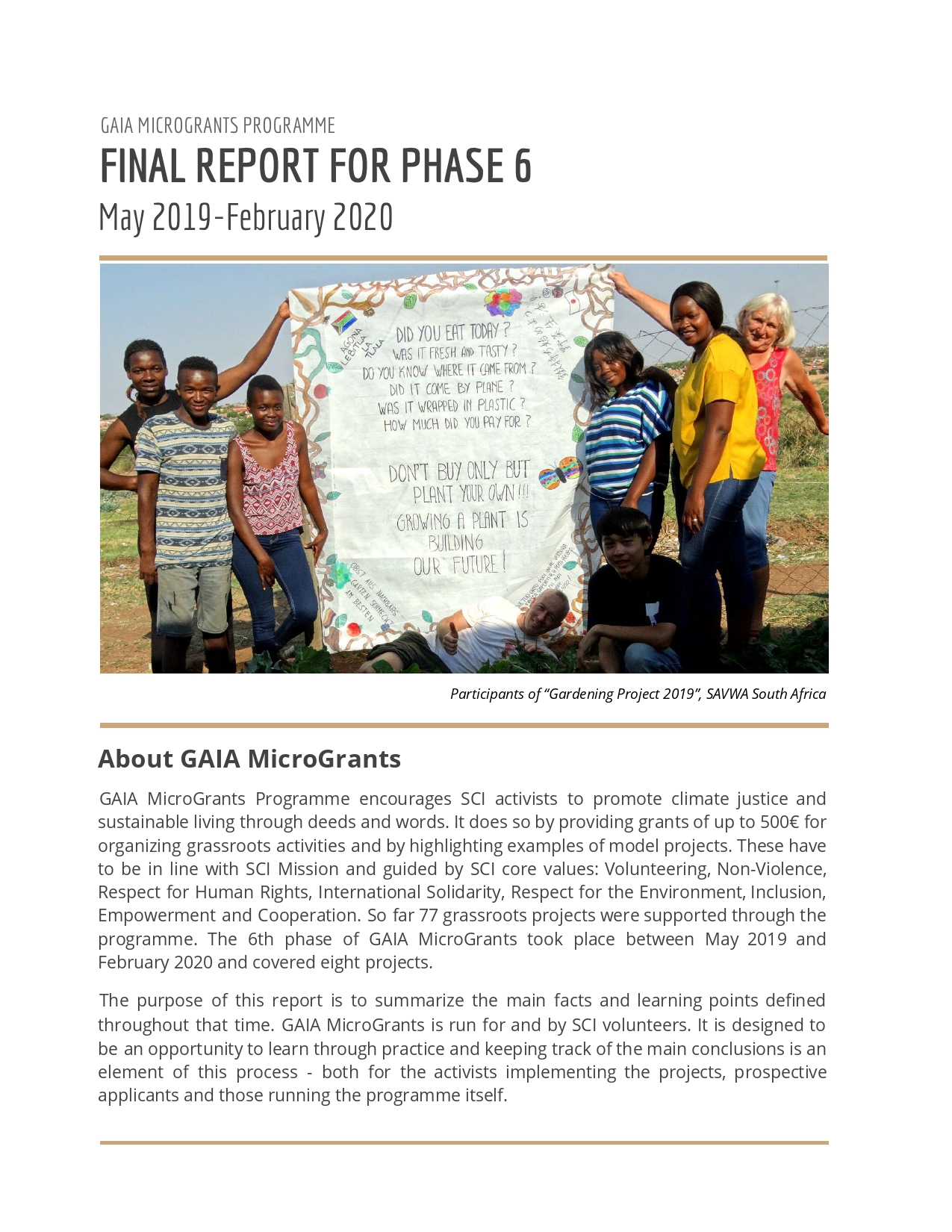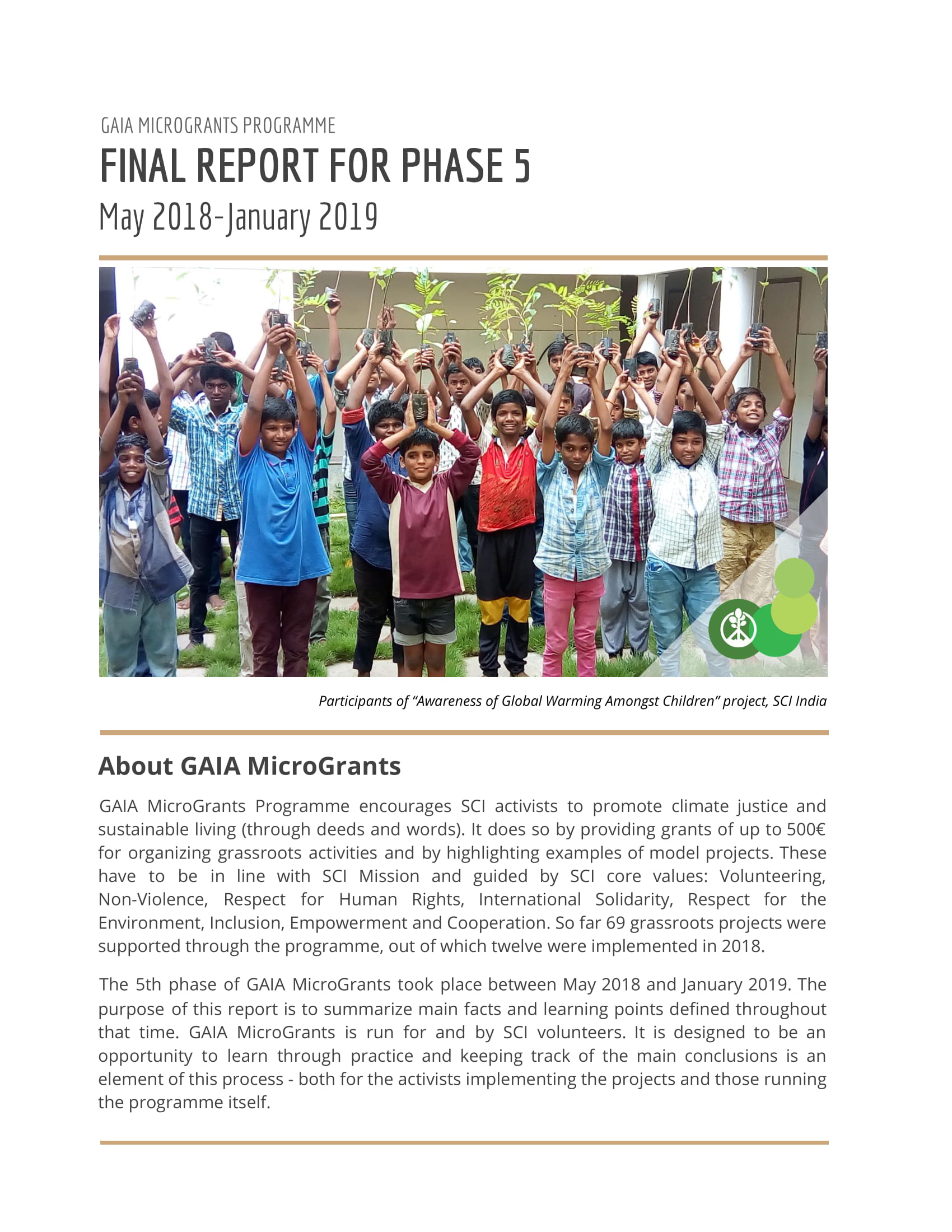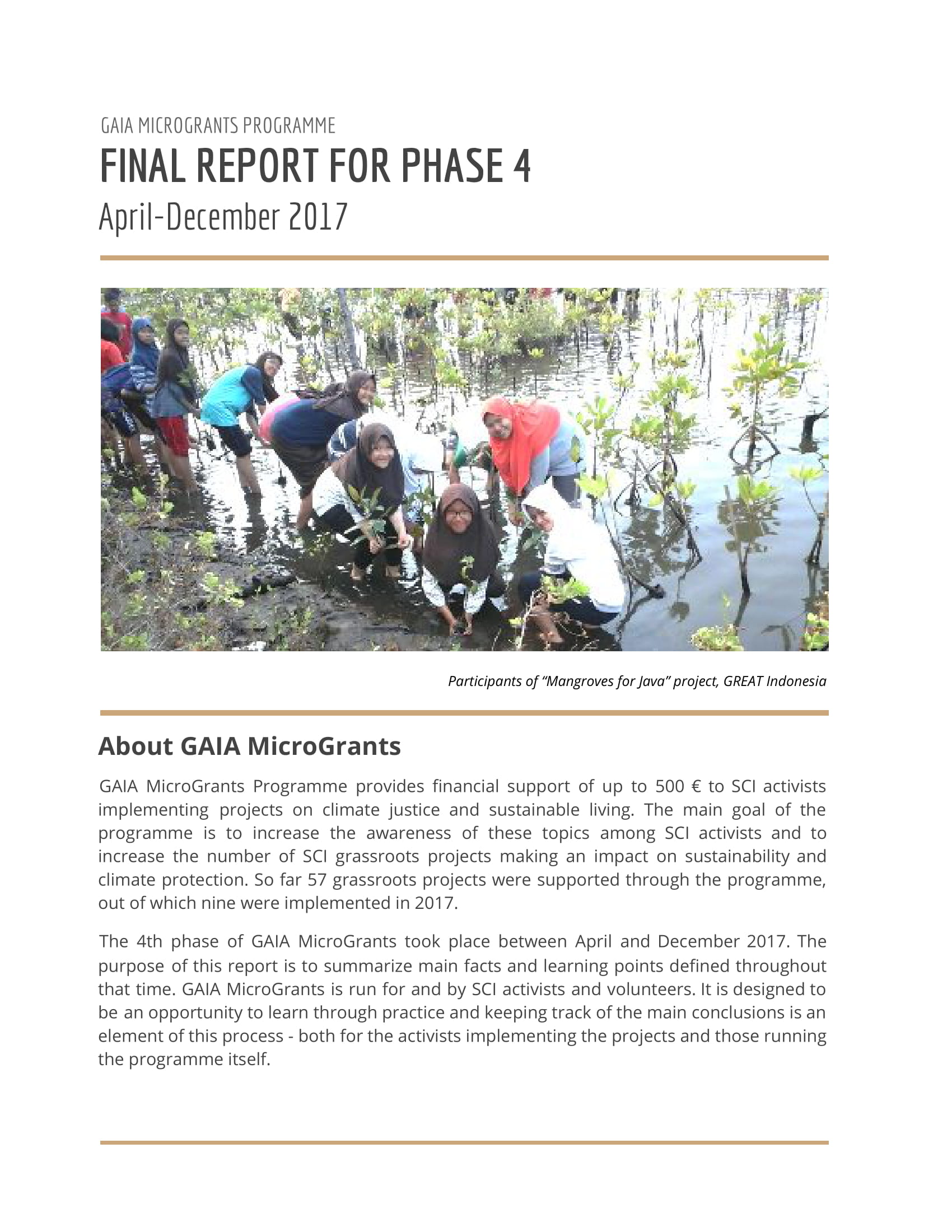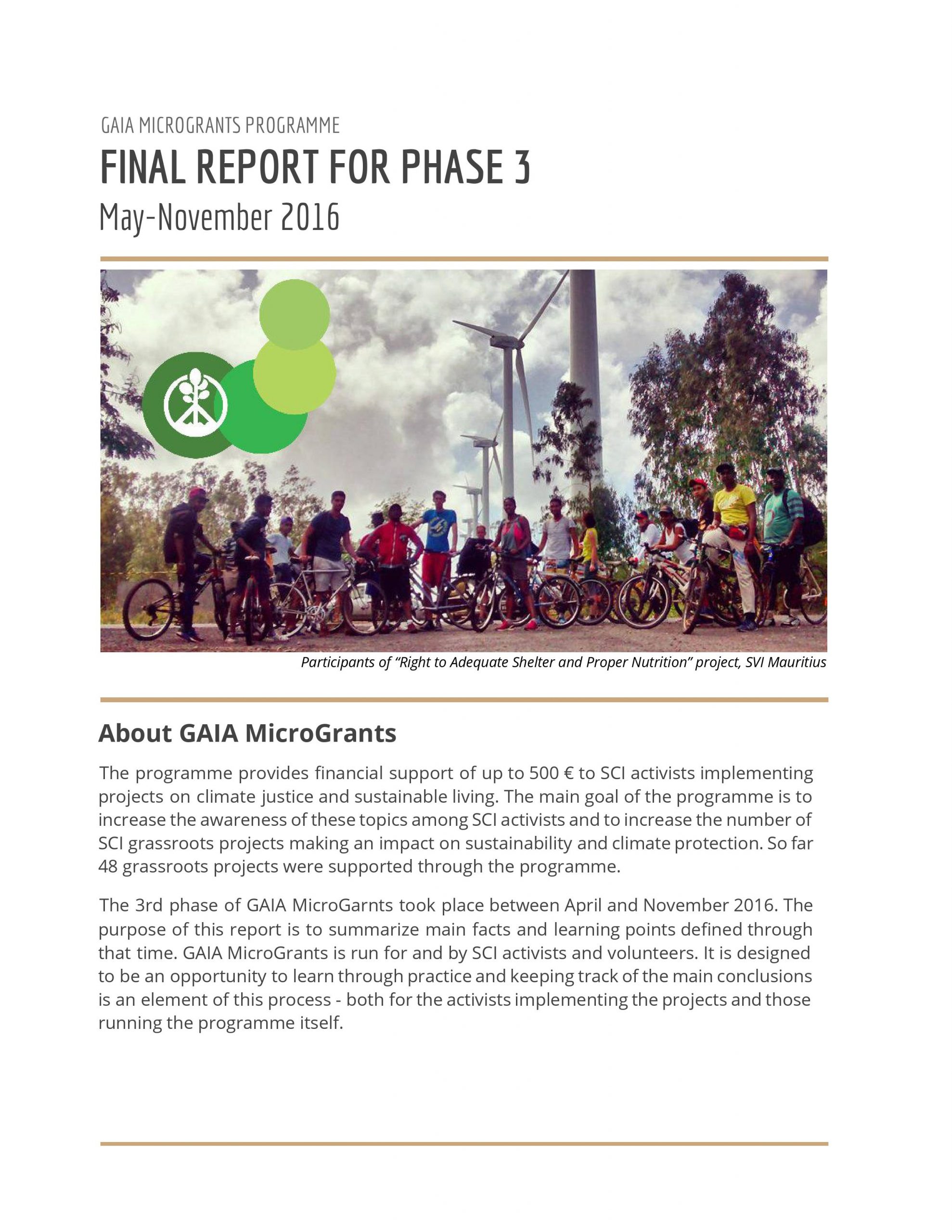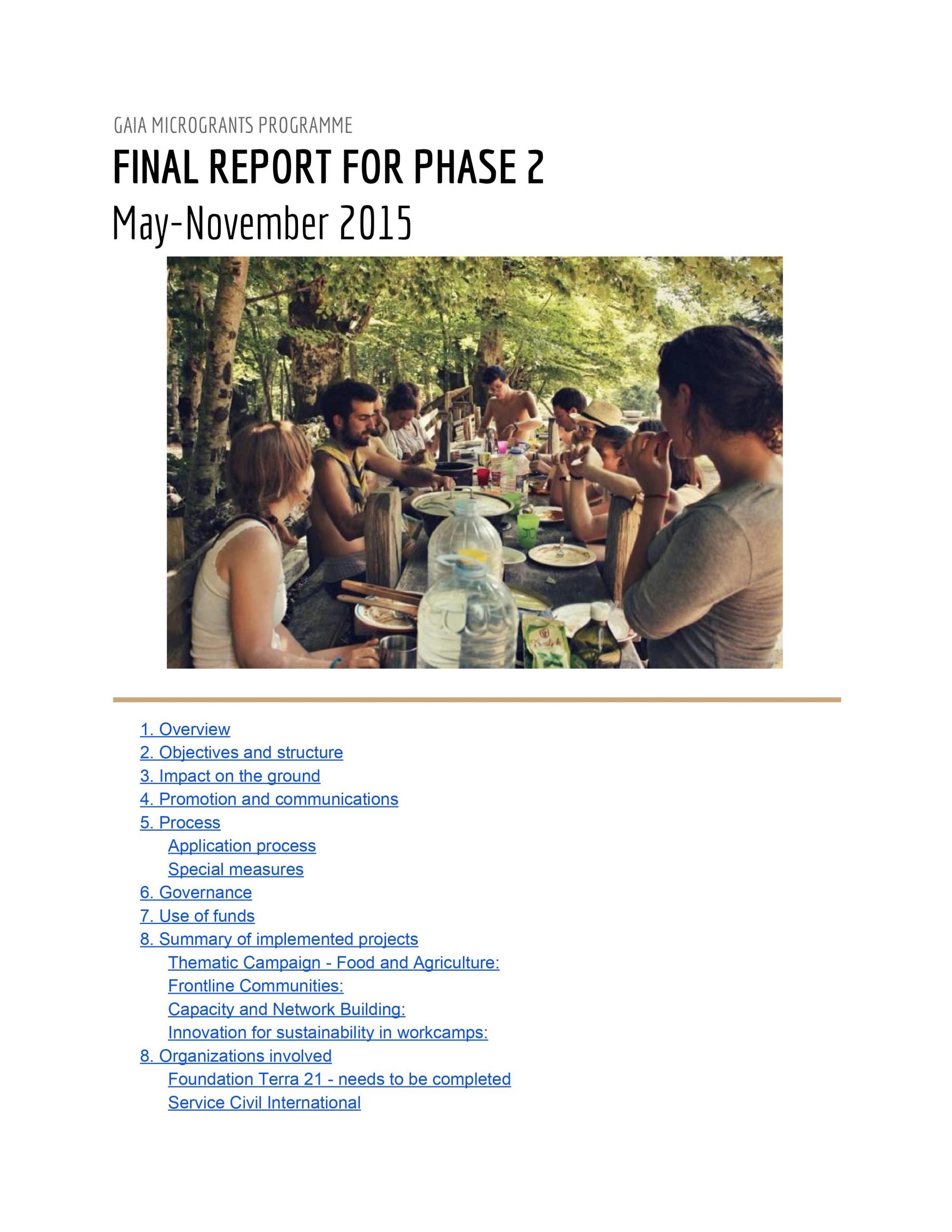Climate
Every chapter of history presents its own challenges. SCI was created to respond to such challenges: war, destructions, injustice and violence. In the last 100 years of commitment to building peace and promoting the culture of peace, SCI has reacted to post-war situations, natural disasters, ecological and social challenges.
Today climate change is for us what World War I was to Pierre Ceresole in the early 20th century: it presents a growing threat to peace, nonviolence and human rights. The climate is changing rapidly around the planet and this change is without question caused by humans. Our fossil-fuel based economy and culture of consumerism is contributing significantly to this process.
Already today communities are suffering from violence due to climate change related events. Syria and Somalia are at the front-line as droughts and famine driven by the changing natural conditions contribute to civil unrests. We are expecting 150 million climate refugees to leave their homes by 2050. Climate change related events contribute to destabilisation of governments and social cohesion in countries already struggling with variety of other challenges. Moreover, the consequences of our actions today will be borne by the future generations and are impacting mostly women and poor communities.
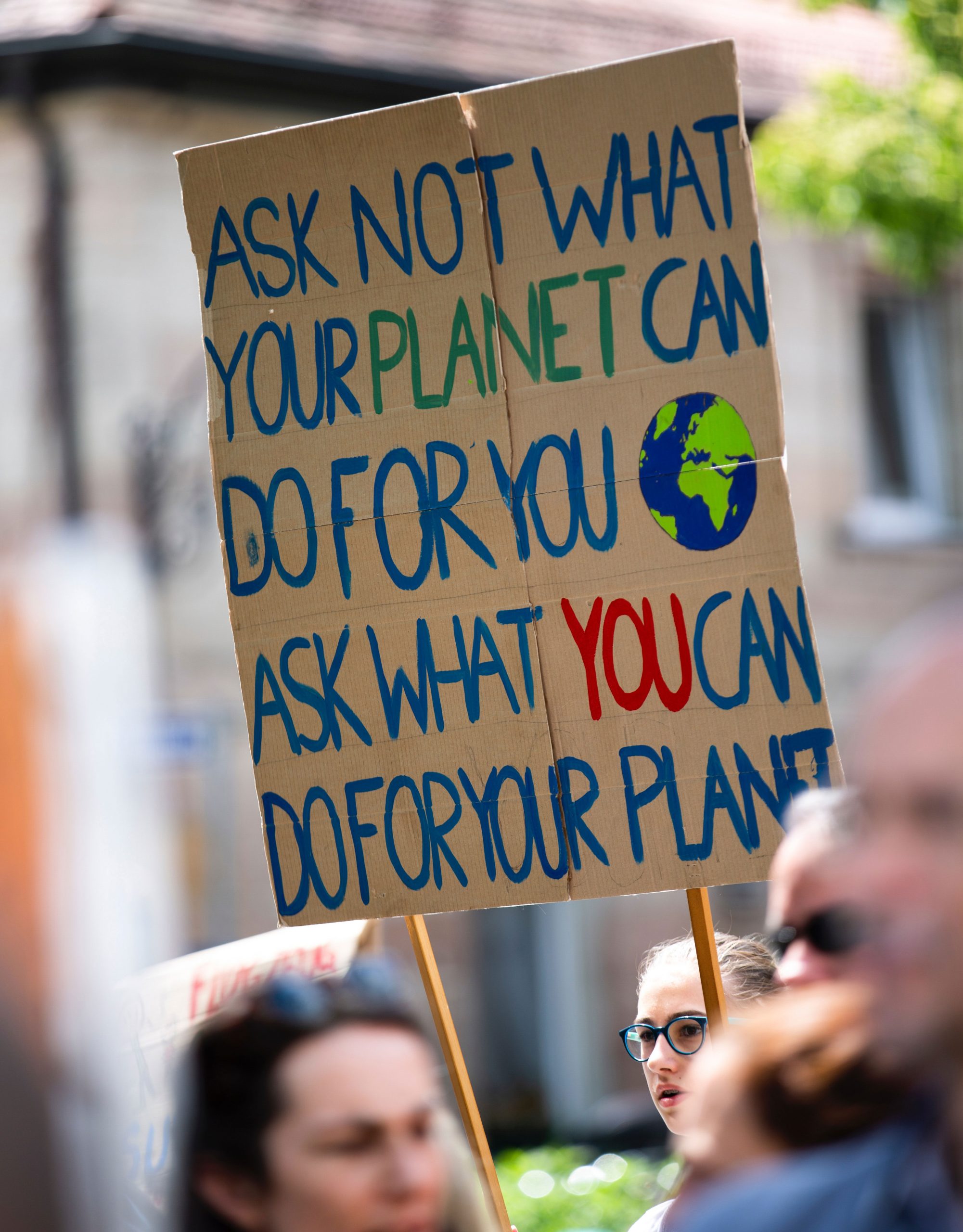
The role of SCI
All this means that if we are serious about living the SCI mission and values in a meaningful way, we have to answer the call for climate justice! Especially that it is often coming from the impacted communities in the countries where SCI and its partners are active.
There are three main areas of SCI’s possible impacts:
Mitigation & Sustainable Living
Lowering our impact on the planet (footprint), e.g. through supporting frontline communities opposing fossil project, improving cycling opportunities, introducing composting in your community, educating for resource saving.
Adaptation & Social Justice
Disaster relief in case of natural disasters, which occur more often or with bigger intensity due to the changing climate, e.g. through organizing workcamps in disaster areas in cooperation with local organizations.
Adaptation
Building resilience to impacts of climate change (e.g. projects related to small-scale agriculture, permaculture, restoring natural habitats) and of post-fossil-fuel era (e.g. urban farming, establishing local food distribution, introducing sharing economy projects).
Many of the solutions to climate change also contribute to the creation of more peaceful, solidar and inclusive society – attributes that thousands of SCI activists are striving for since its very creation. This is our chance for solidarity action, which will be meaningful and grassroots based!
SCI’s solutions
SCI branches and activists are working towards the new fossil fuel free, climate resilient future already. Examples of support to the impacted and frontline communities, educational activities and bringing real change to our local communities can be seen in Romania, India, Switzerland, Bangladesh, Kosovo, Sweden, Sri Lanka, Germany and others. We want to recognize them and also multiply them until they become an absolute standard! Through this the campaign intends to make the climate justice dimension mainstream in SCI activities and through this make SCI a meaningful and active part of the solution to the multidimensional climate crisis!
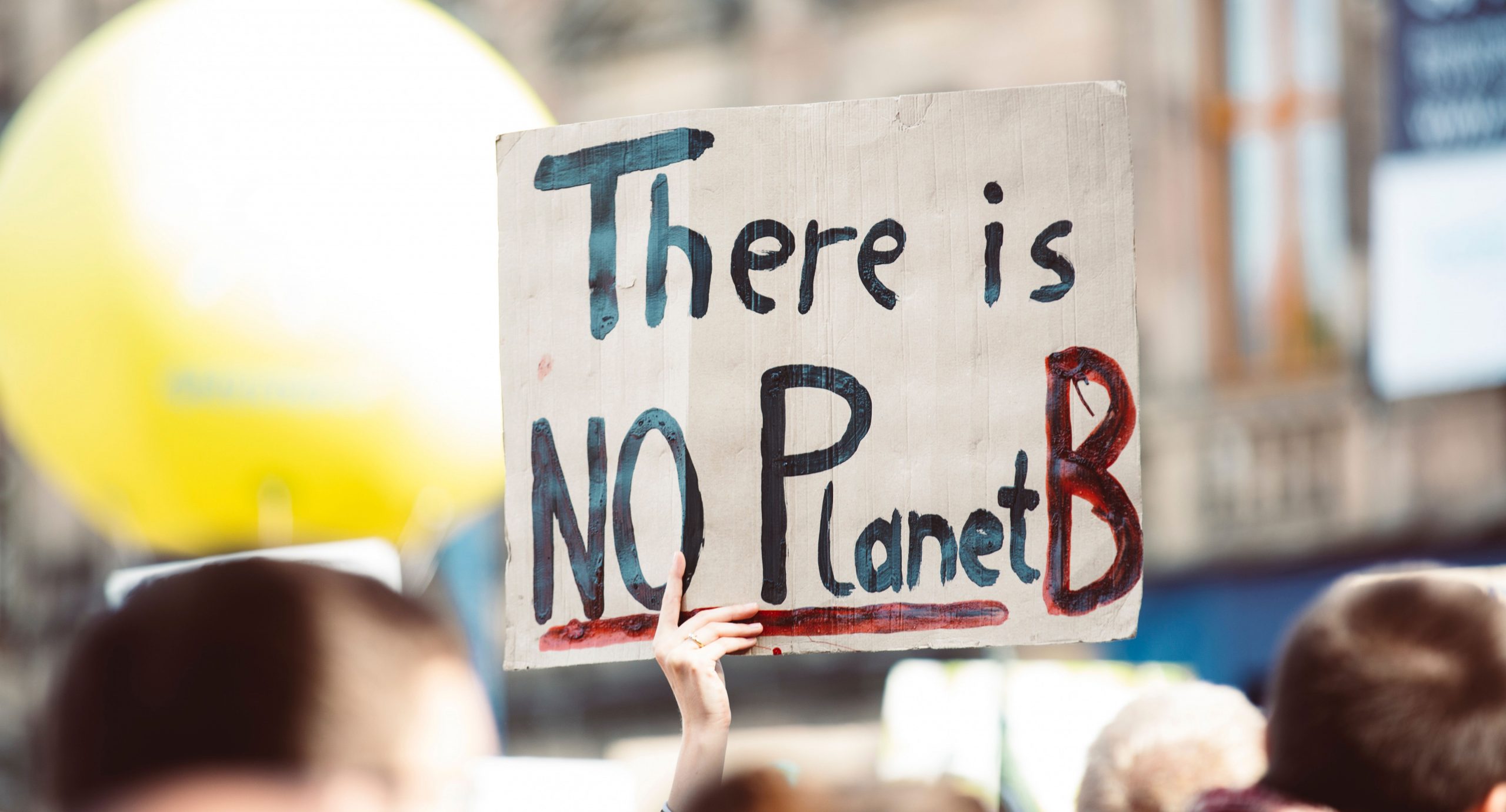
Climate for peace programme
The climate for peace programme is a initiative within SCI to organise different activities on the environment and climate change, including awareness raising. There are different activities you can take to join the movement!
For volunteers
Ask
your local branch about activities related to Climate for Peace. If you want to organise an activity, but don’t know how, feel free to contact your branch with an idea!
Read
more about SCI activists taking action for climate justice and sustainable living in the Climate for Peace: Inspirations booklet.
Participate
in a Climate for Peace workcamp (find them at workcamps.info, tick “Climate for Peace Campaign” in the “Topics” tab).
Organize
a screening of “Nonviolence Needs Nature” or other “Climate for Peace” videos for your friends and hold a discussion afterwards.
Create
a “Climate for Peace” working group at your branch and organize projects in your community (for ideas see “Climate for Peace: Inspirations” booklet).
Walk the talk
And most importantly – walk the talk in your everyday life! Demand sustainable solutions from your political leaders and influence local businesses to contribute to solving climate change!
GAIA Microgrants
The GAIA MicroGrants Programme, an internal funding programme for SCI branches, has so far supported almost 70 projects. The programme provides a source of funding for SCI branches and local groups to organize grassroots activities focusing on:
Sustainable living
Balancing environmental, social and economic activities in a way that does not compromise the ability of future generations to meet their needs.
Climate justice
Recognizing human responsibility for climate change; that certain groups contribute to it more, leaving other communities, ecosystems and future generations to experience its dangerous impacts; in SCI we commit to climate justice by raising awareness of our contribution to climate change and trying to minimize it; SCI also supports branches and volunteers working with local communities in preparation for climate change impacts.
Know more about Gaia MicroGants through the reports elaborated in each phase of the project. You can download them below.
Interested in maybe organising an activity using the support of GAIA Microgrants?
